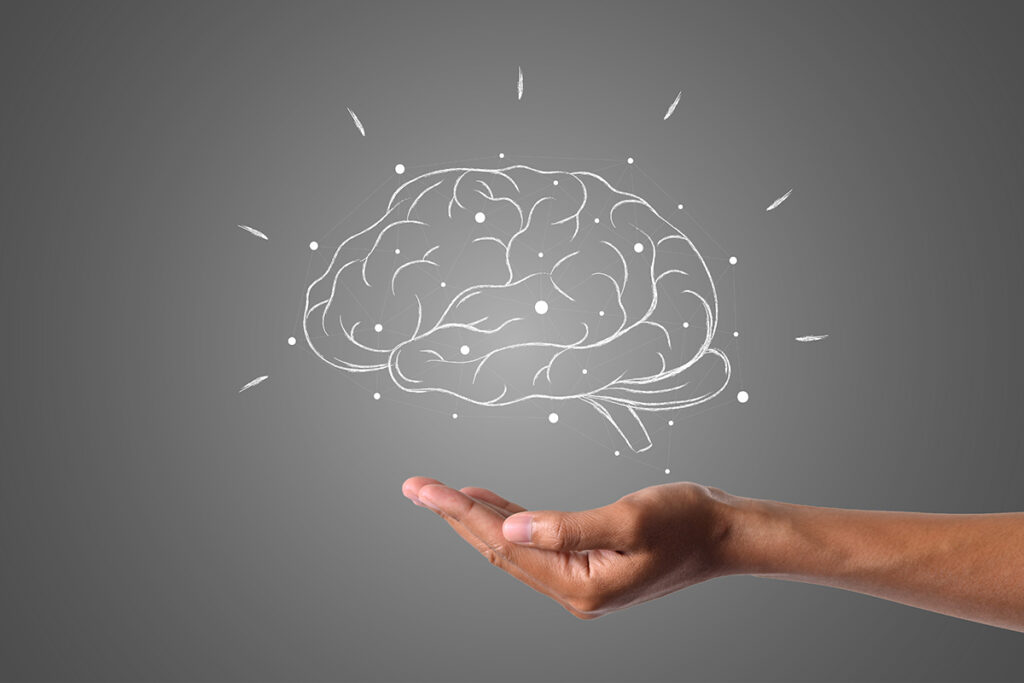All You Need To Know About Mental Health
One of the most ignored areas of one’s well-being is mental health.
Thankfully, most of the generation has been bringing it to light through the past years. Awareness regarding mental health has been and is still being spread for everyone’s benefit.
So, if you’re one of the people who don’t know much about it, you’re in the right place.
We’ll talk about all the aspects of mental health you should know about. And we’ll ensure you know enough about it to take care of yourself and help others.
Here’s to healthier mental well-being!
What Is Mental Health?
People often assume mental health differs from emotional, psychological, social, and even physical well-being.
But the thing is, mental health encompasses all of these four dimensions. It is greatly influenced by their conditions.
Aside from these four dimensions, mental health influences cognition, perception, and behaviour.
The wellness of an individual’s mental health will likely determine how they handle their lives. It includes their decisions, interpersonal relationships, stress handling, and how they enjoy life or balance their day-to-day activities.
In short, one’s mental health is directly equivalent to the quality of their overall health: physical, social, psychological, and emotional.
Why Is Mental Health Important For Overall Health?
As we have previously discussed, mental health greatly impacts one’s overall health.
This is not only because of how discouraged a person could be to take care of themselves, interact with others, and assess their feelings when they have poor mental health.
But poor mental health could also directly translate into poor physical health. It leads you to feel physically ill for no reason.
In addition, it can impact how you deal with social situations and how comfortable you feel about them. You may overreact over small things or feel emotions quite stronger than usual.
And although one can bear mental illnesses while preserving healthy physical well-being, that is not always the case. Most people with depression develop higher risks for physical illnesses like diabetes and stroke.
Can Your Mental Health Change Over Time?
Of course! You’ll be happy to hear that it is never too late to work on your mental health.
Although based on many factors, one’s mental health quality usually depends on whether their life demands are suitable to their abilities and coping mechanisms.
So, always make sure that these two aspects always match. Taking care of your overall well-being also improves one’s mental health.
How Common Are Mental Illnesses?
One of the most overlooked areas when it comes to healthcare is how common mental illnesses are. Some people die without realizing they have developed multiple mental illnesses.
To prove this point, we’ll have you know that more than 50% of the world’s population develops a mental illness or disorder.
And, in 2017, 10.7% of the global population was diagnosed with one or more mental illnesses. That’s 1 in 10 people. This leaves you wondering about those who did not have the chance to get diagnosed.
What Causes Mental Illness?

Unfortunately, there is no proven cause for mental illness. Regardless of how many people get diagnosed with them yearly, doctors still cannot find a specific cause.
However, there are numerous factors that physicians believe to be the cause or risk in developing a mental illness.
One of these is genetics, which is pretty much a given. This includes biological factors and imbalances in one’s brain.
Doctors also strongly believe that the use and abuse of substances cause mental illnesses. This is with great emphasis on drugs.
Other factors include adverse life experiences, regardless of the time of their occurrences. These include trauma and histories of abuse in one’s life.
